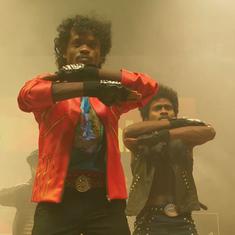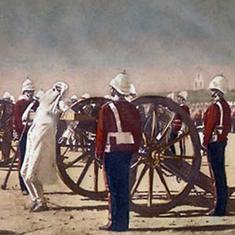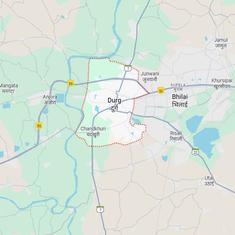Amid Covid-19 crisis, India increases special excise duty on petrol and diesel by Rs 8 per litre
The government’s decision comes at a time when it is trying to shore up its falling revenues to compensate for the fall in demand due to the pandemic.

The government on Monday increased the limits on special excise duty by Rs 8 per litre on both petrol and diesel, taking the cap to Rs 18 per litre on petrol and Rs 12 per litre on diesel, reported The Indian Express. The decision was among the amendments to the Finance Bill that was passed by the Lok Sabha without any discussion. The decision to pass the amendments without discussion was taken at an all-party meeting chaired by Speaker Om Birla.
The government’s decision comes at a time when it is trying to shore up its falling revenues to compensate for the fall in demand due to the outbreak of Covid-19. Till Tuesday morning, there are 492 cases and nine deaths in India.
Usually, an increase in excise duty leads to a rise in the prices of the two fuels. However, since crude oil prices have been falling, this rise will be adjusted. Fuel prices in India have been on the decline since February 27. On March 14, the government had increased the excise duties on both petrol and diesel by Rs 3 per litre each after fuel prices fell following a fall in demand and a price war among oil producing countries.
Monday’s move will ensure that the gains of falling crude prices will accrue to the government instead of the refiners. An increase of Rs 1 per litre in excuse duty would mean an additional Rs 14,500 crore of revenue to the exchequer a year, according to Hindustan Times.
However, experts feel that the move will not be enough to boost government’s revenues. “The consumption of both diesel and petrol will go down and this situation is unlikely to change over the next 15 day or a month,” Sunil Kumar Sinha, the principal economist at India Ratings, told The Indian Express. “An increase in the special additional duty may not even compensate for the loss in revenue because of lower demand at this time.” Sinha also pointed out that the government now needs to increase spending on policing and healthcare even while its revenues continue to fall.









